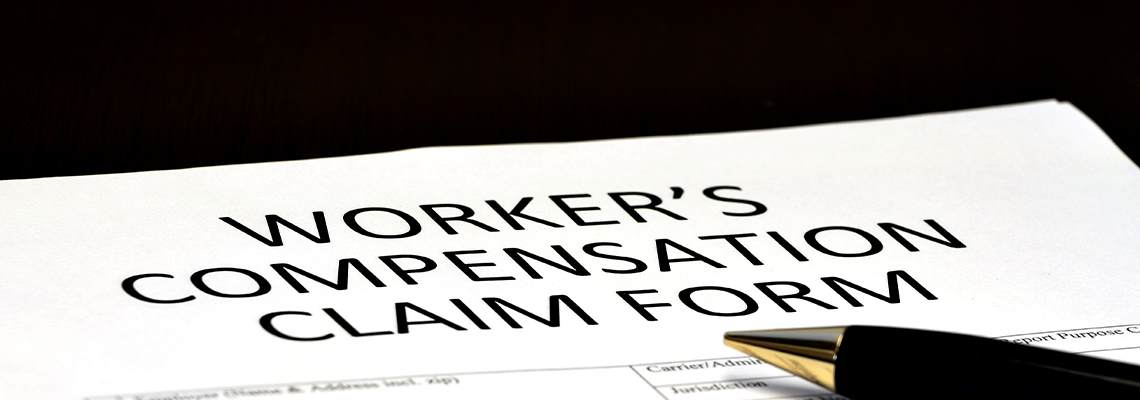Workers’ Compensation & Third Party Claims

When a worker gets injured while performing their work duties, they may be able to obtain compensation for some of their expenses and losses by filing a workers’ compensation claim against the employer’s insurance. In some cases, however, a workers’ compensation claim may not be the only claim an injured worker can pursue to recover damages.
Depending on the circumstances of your work-related injury, you could be able to file a third-party personal injury claim. Each case is unique, which is why you should have a consultation with an experienced workers’ compensation attorney here in the Beaverton, Oregon area. At the Law Office of Michael J. Orlando, we represent victims of workplace accidents and help them pursue benefits through workers’ comp and third-party liability claims.
Work Injury Job Claim Options
If you were injured on the job, you might have the following compensation options:
- Workers’ compensation. If your employer carries workers’ compensation insurance, you might be able to file a claim against your employer to obtain benefits. The advantage of filing a workers’ comp claim is that the injured worker does not have to prove that their employer was at fault for their injury. However, workers’ comp insurance only covers your reasonable medical bills and a portion of your lost wages.
- A third-party claim. If someone other than your employer caused or contributed to your work-related injury, you could be entitled to compensation through a third-party personal injury claim. When pursuing compensation through a third-party claim, you are required to prove that the other party was negligent. The advantage of filing a third-party claim is that your compensation is not limited to medical expenses and loss of income.
- Both. In some cases, an injured worker could file both a workers’ compensation claim against their employer’s insurance and a third-party claim against the negligent party. An example would be a truck driver who gets hit by a distracted driver while operating a truck in the course of employment.
The following workplace accidents may qualify for both a workers’ comp and a third-party claim:
- A car accident that occurs while you are on the job. You are entitled to workers’ compensation benefits because the crash happened while you were performing your duties. You could also pursue a third-party liability claim against the other driver if the accident was primarily their fault.
- Injuries caused by the use of defective equipment at work. If you were injured on the job while using defective equipment, you could pursue compensation through your employer’s workers’ comp insurance. In addition, you could file a product liability claim against the manufacturer of the defective equipment.
- Injuries that occur on someone else’s property. If your job duties involve visiting residential or commercial properties, you might be able to file both a workers’ comp and a third-party claim if you get injured due to a hazardous condition on someone else’s property while performing your duties.
Who Can You File a Third-Party Claim Against?
Depending on the circumstances of your accident and injury, you could potentially file a third-party claim against the following parties:
- Your Employer — Workers’ compensation does not always guarantee that the employer cannot be sued by the injured employee. You could file a lawsuit against your employer if you were assaulted by your employer, the employer’s conduct was grossly negligent, or your employer has no workers’ comp insurance.
- Coworkers — If your coworker caused or contributed to your workplace injury, you could file a third-party claim against the negligent coworker.
- Product Manufacturers — In workplace accidents that involve defective equipment, the injured worker could file a product liability claim against the manufacturer of the defective product as well as other parties in the chain of distribution (retailers, distributors, designers, etc.).
- Property Owners — If you were injured by a hazardous condition on someone else’s property while performing your job duties, you could file a third-party claim against the owner or occupier of the property.
What Is Subrogation in Workers’ Compensation Cases?
If you are seeking compensation for your injury through both a workers’ compensation and a third-party claim, you need to understand what “subrogation” is and how it could affect your damages award. If you obtain workers’ comp benefits through your employer and then later receive compensation through a third-party claim, you will be required to reimburse your employer’s insurance company for the amount it paid you. This is known as subrogation.
While subrogation requires you to reimburse your employer’s insurer for the costs and expenses covered by the workers’ compensation insurance, you can keep the amount that was not covered by the workers’ comp insurance (e.g., pain and suffering).
Rely on Experienced Legal Guidance
Seeking compensation after a workplace accident can be a confusing process. If you were injured on the job, you need to understand all the compensation options that may be available to you. At the Law Office of Michael J. Orlando, our skilled team can review your unique case and determine if you have a valid third-party claim to maximize your recovery. We proudly represent accident victims and injured workers in Beaverton, Portland, Salem, and Eugene, Oregon.









